#ancient greece
Text
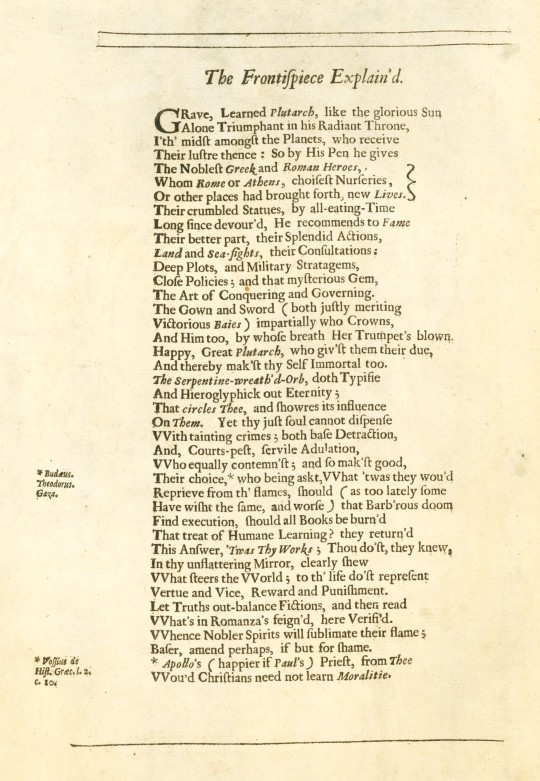
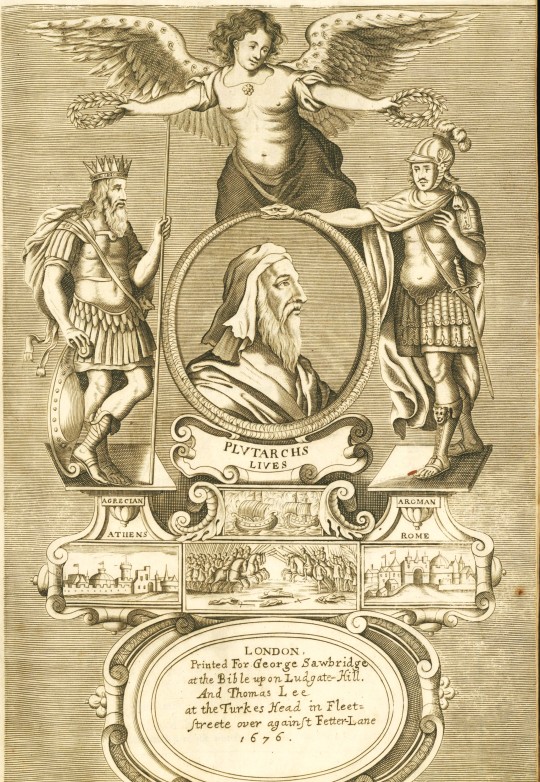

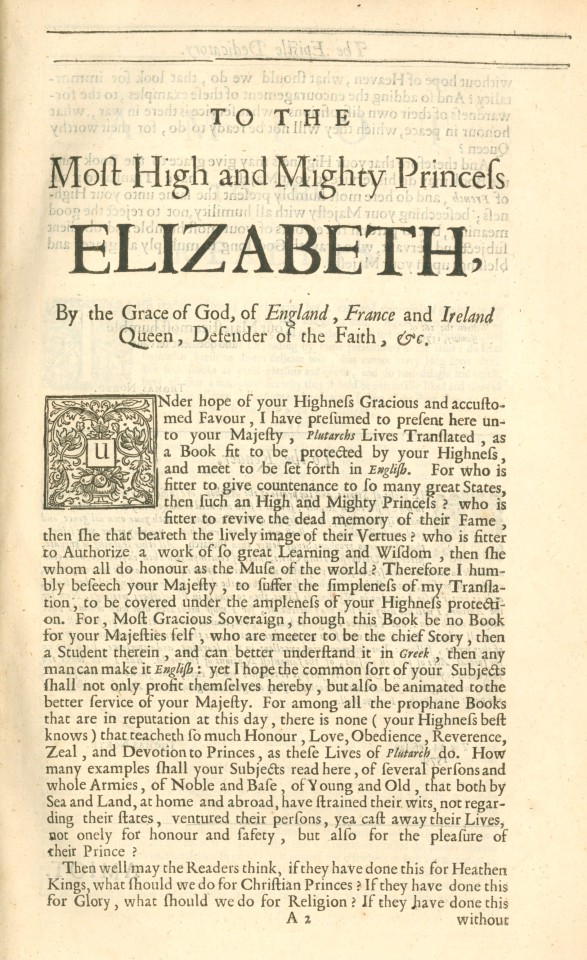

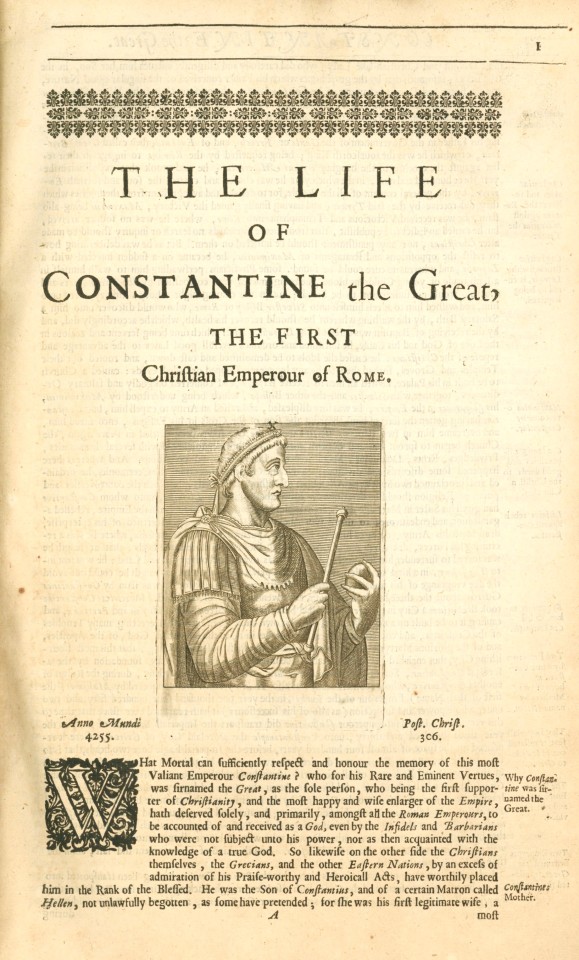

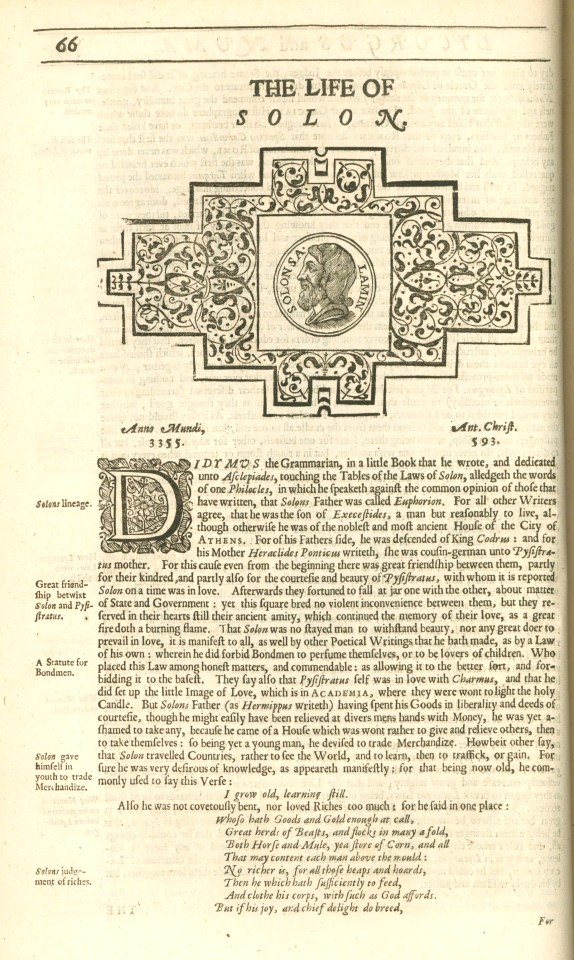
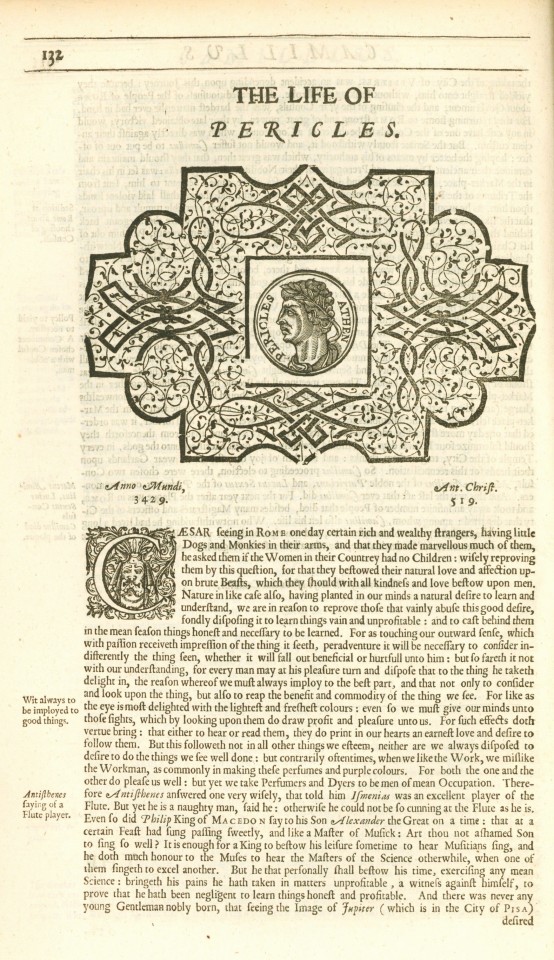
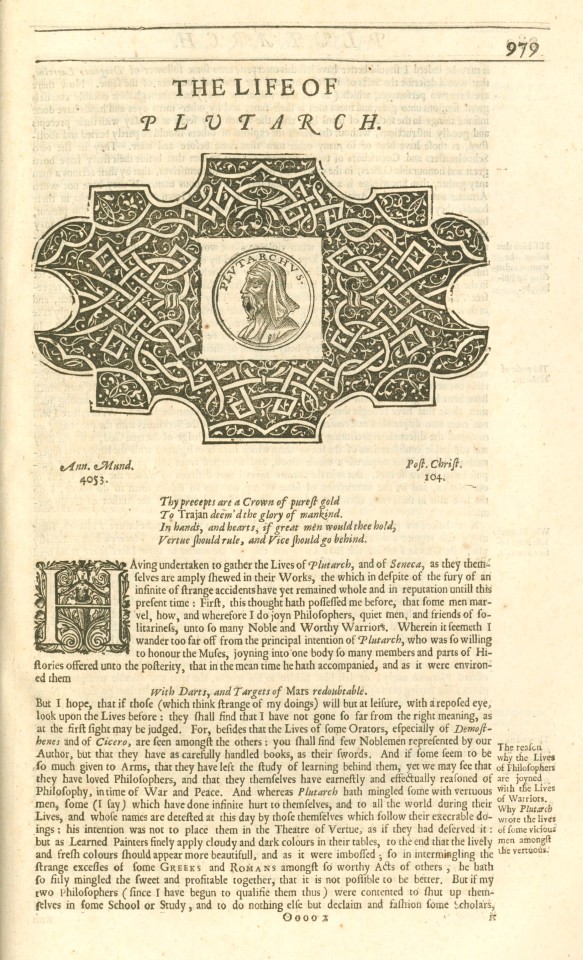
Classic Profiles
This is a 1676 edition of The Lives of the Noble Grecians and Romans, compared together by the 1st-century BCE Greek philosopher and historian Plutarch of Chaeronea, printed by the printer to the University of Cambridge John Hayes for the bookseller George Sawbridge. Originally written in Greek, Plutarch's Lives appeared in print for the first time as a Latin translation in 1470, and this English translation by Sir Thomas North was first published in 1579 from a French translation by James Amiot (Jacques Amyot). The text is a collection biographies of famous Greeks and Romans, including Alexander the Great, Pericles, Tiberius Gracchus, and Cicero. These figures left an indelible mark on history, their lives and achievements shaping the world as we know it.
Sir Thomas North (1535 – c. 1604) was an English translator and lawyer significantly contributing to English literature. His translation of Plutarch's Lives served as the primary source text for William Shakespeare's Roman plays, a testament to his work's enduring influence. This translation is regarded as one of the earliest examples of exceptional English prose. It was followed by another edition in 1595, which included updated biographies. A third edition of North's Plutarch was published in 1603, including even more translated Parallel Lives and a supplement of other biographies.
Jacques Amyot (1513-1593), a French scholar, writer, and translator, made substantial contributions to the field of translation and literature. His work on the translation of Plutarch's Lives (1559-1565) was instrumental in shaping the literary landscape of his time and laid the foundation for future translations and interpretations of Plutarch's work.
The first edition of this book was dedicated to Queen Elizabeth I. This dedication reflects the book's significance and provides a glimpse into the political and cultural landscape of the time, adding another layer of depth to the reader's understanding. Plutarch’s Lives helped shape the understanding of the classical Greek democracies and oligarchies of the Roman Republic and the role attributed to their founders—among them the legendary Lycurgus of Sparta and the Athenian lawgiver Solon.
-Melissa, Special Collections Classics Intern
View other Classics posts
#classics#greek posts#greece#roman#cambridge#plutarch#ancient greece#roman republic#alexander the great#lycurgus#solon#queen elizabeth i of england#biography#sappho#constantine the great#pericles#Thomas North#James Amiot#Jacques Amyot#John Hayes#university of cambridge
93 notes
·
View notes
Text

The Erinyes (The Furies) — Iphigenia Among the Taurians by André Masson
#andré masson#art#erinyes#furies#eumenides#goddesses#euripedes#vengeance#iphigenia#greek mythology#iphigenia in tauris#iphigenia among the taurians#ancient greece#ancient greek#mythology#religion#europe#european#tragedy#underworld#hell
113 notes
·
View notes
Text

Silver bracelet with gold finials, Greece, 4th century BC
from The Dallas Museum of Art
99 notes
·
View notes
Text
https://laura-809.mxtkh.fun/mz/pQEqGs2
https://laura-809.mxtkh.fun/mz/pQEqGs2
#andrew minyard#Louvre#bdsmlife#draco malfoy x reader#lesbian pride#teacher crush#john oliver#thirteenth doctor#rick owens#korean girl#sara retali#goddess#blackpink#Ancient Greece
125 notes
·
View notes
Text
Ok my theory's on the riddle and who I think voices Tiresias
Disclaimer: my real opinion is that i think Jorge is pulling a prank on us… i don’t think the riddle means anything
(sorry lol)
I’m just throwing this out here just in case
but anyways here’s my theory's
Tiresias is Steven Dookie pulling a Hamilton and going from polites to Tiresias to symbolize the things Odysseus lost
Or Jorge got a Broadway star to cameo so I would have to guess Javier Munoz
Munoz plays the dad role in Jorge’s first musical my heart says go
I thought of this theory because the phrase the chord that serves her… that could be a metaphor for being a parent?
(this is not likely but it makes sense for Jorge to make hype about them being in epic)
Or people say someone from the Discord server? No it’s not
thats so easy
that’s what Jorge wants us to think it’s to easy
how could you guys fall for the discord trick that’s a misdirection
i mean it could be
Like one of the people who auditioned who's big on the Discord server
I don’t use discord so i wouldn’t know
I think It’s a voice we already know because They wants us to guess… which how could we do if we don’t know the singer?
I looked through the auditions and nothing reminded me of chord or server
unless the name is rearranged and I need to change the spelling to find it
I’ll be examining the auditions further though 🫡
#epic the musical#tiresias#epic the underworld saga#the underworld#jorge rivera herrans#greek mythology#ancient greece#greek gods#greek tumblr#greek myths#ancient greek mythology#ancient greek#greek blog#odysseus
20 notes
·
View notes
Text
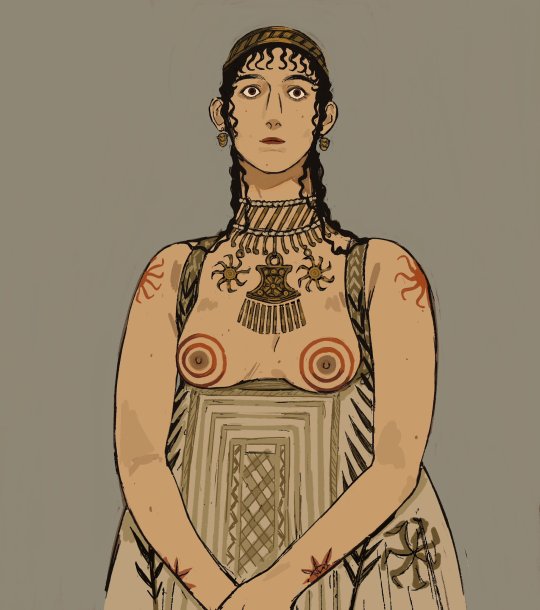

She
52K notes
·
View notes
Text
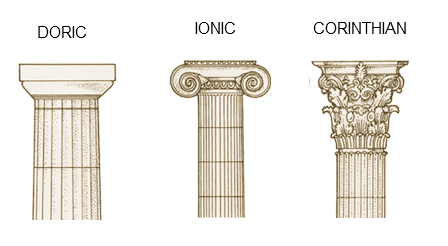
cast your votes!!
#classics#ancient greece#ancient rome#greek mythology#architecture#columns#doric columns#ionic columns#corinthian columns#polls#posts of lark#10k#20k#30k#literally fml why is this my tumblr legacy
37K notes
·
View notes
Text
look at this tiny tiny ancient depiction of a goose sheltering babies beneath her wings. 🥺
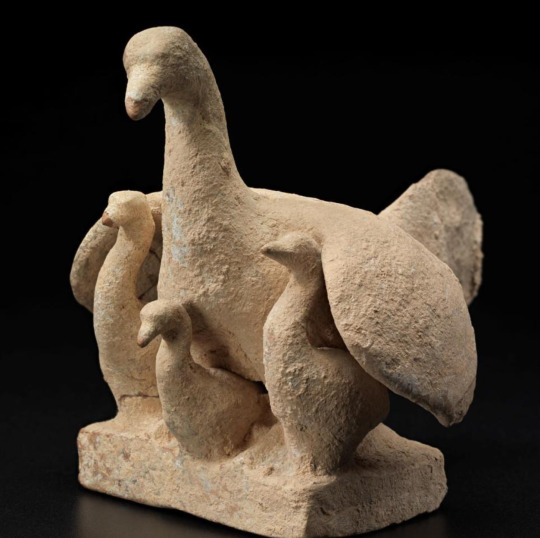
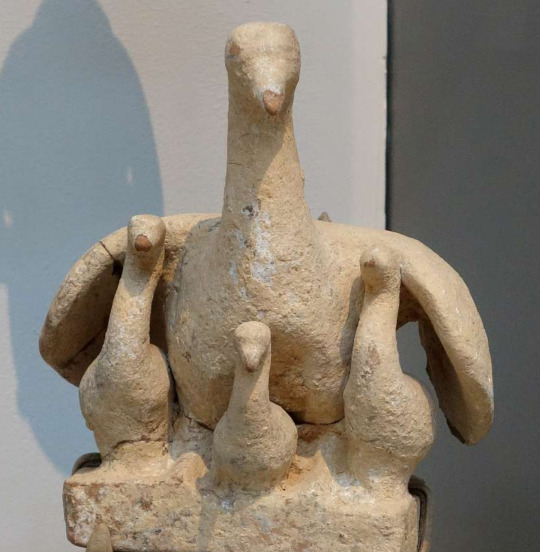
it's not very detailed but look at the postures of the animals. And the way the goslings are not very young but recognisable as gangly and halfway grown.
Greek, Late Archaic Period, about first half of 5th century B.C.
25K notes
·
View notes
Text
Hc that Hermes created the Lin Manuel persona as a joke but Hamilton was wildly successful so he just kept it up and Apollo is FURIOUS that a) he’s overstepped into his domain and b) he’s so damn GOOD at it (much to the chagrin of literally everyone)
It’s like the dam cow thing all over again, but this time instead of stealing fifty of his cows Hermes stole his bit.
#greek mythology#greek gods#greek tumblr#ancient greece#percy jackson fandom#percy pjo#pjo tv show#pjo fandom#pjo series#pjo#pjo spoilers#percy jackon and the olympians#percy and annabeth#percy jackson#hermes#apollo#lin manuel miranda#hamilton musical#pjo disney+
9K notes
·
View notes
Text
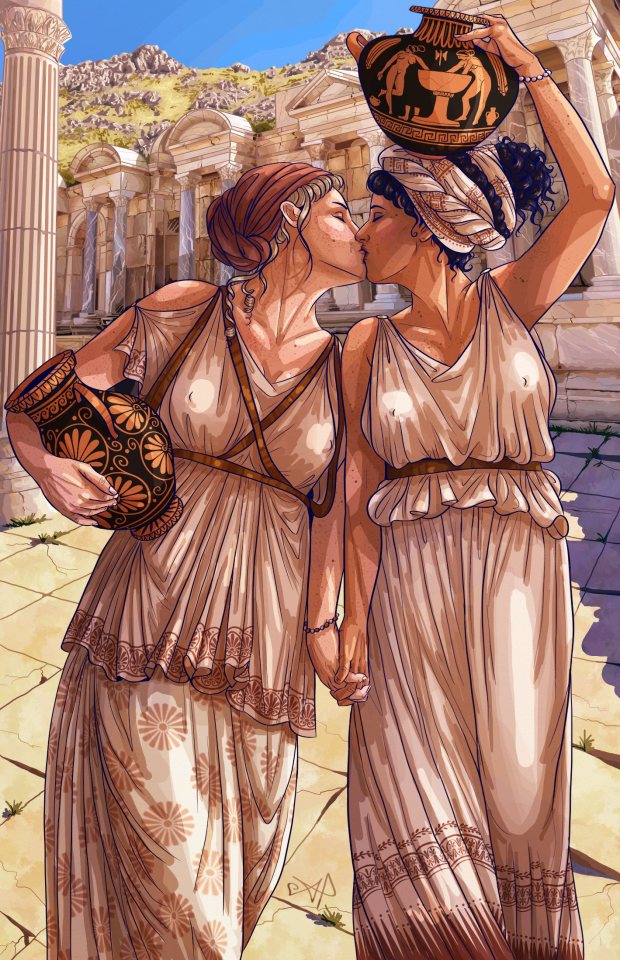
🏺🏺
#tagamemnon#ancient greece#lesbian#someone said in notes of prev drawing that it'd be nice to see some working class ladies this time#so I got inspired and here are some less posh gals fetching water#I've spent much too much time drawing the background#pseudoart
11K notes
·
View notes
Text
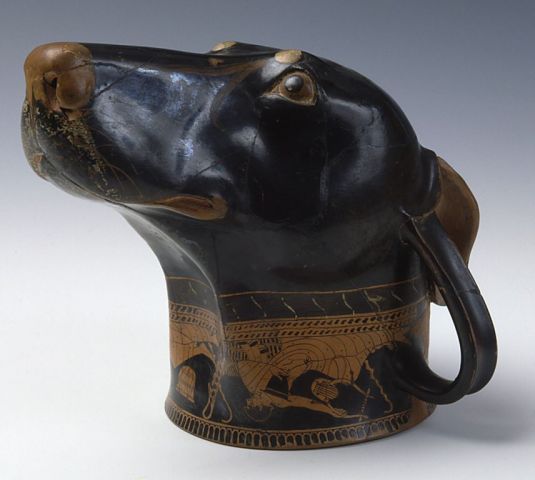
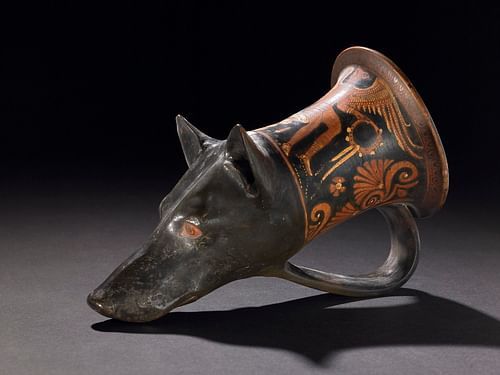
(Approx.) 4th Century BCE Good Boys
#ancient greece#ancient history#mug#mugs#ceramics#art#dogs#dogs of tumblr#dogblr#lol#we never change#do we#pottery#ceramic art#ceramic mug#cute animals#animals
19K notes
·
View notes
Text
In the native dialect of Lesbos, Sappho's name is spelled "Psappho". I sometimes picture what it would have been like if that had been the spelling modern English had gone with. Imagine being psapphic.
10K notes
·
View notes
Text

Emerald Fennell, Saltburn, 2023
VS
Fauno Barberini, Glyptothek, München, 220 a.C.
#Emerald Fennell#felix catton#jacob elordi#saltburn#2023#movie#film#cinema#fauno#fauno barberini#sculpture#statue#marble#ancient greece#ancient art#munchen#glyptothek#collage#Barry Keoghan
9K notes
·
View notes
Text
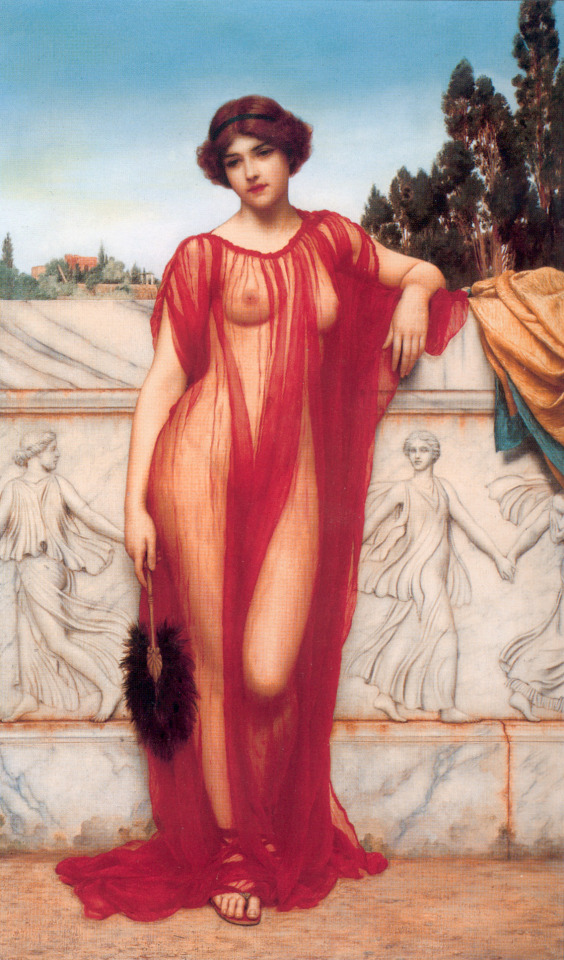
Athenais by John William Godward (1908)
#john william godward#art#paintings#fine art#1900s#1900s art#neoclassical#neoclassicism#neoclassical art#painting#british art#british artist#athenais#oracle#ancient greece#classic art
5K notes
·
View notes
Text
tumblr i did it
an actually accurate “what greek god are you” quiz
#greek gods#uquiz#quizzes#greek mythology#what greek god are you#greek god#zeus#hera#aphrodite#hephaestus#ares#dionysos#nine muses#hermes#hestia#athena#artemis#yw lol#percy jackson#ancient greece#ancient rome#uquizzes#dionysus#posts that popped off
23K notes
·
View notes
Text
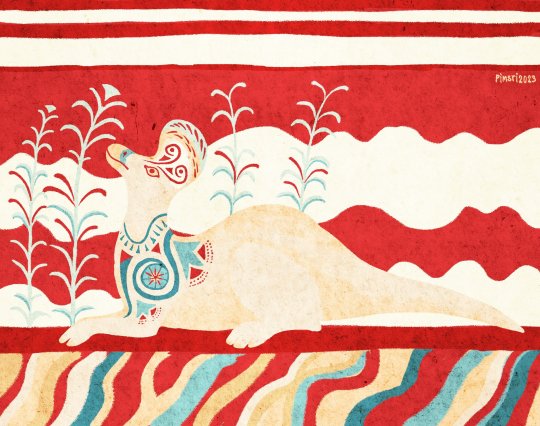



Paleo art inspired by Minoan frescoes
#pimsriart#pimsriart2023#paleoart#paleo art#paleontology#dinosaur#marine reptile#animal#minoan#minoan frescoes#frescoes#art history#ancient greece#triceratops#lambeosaurus#microraptor#mosasaurid
14K notes
·
View notes